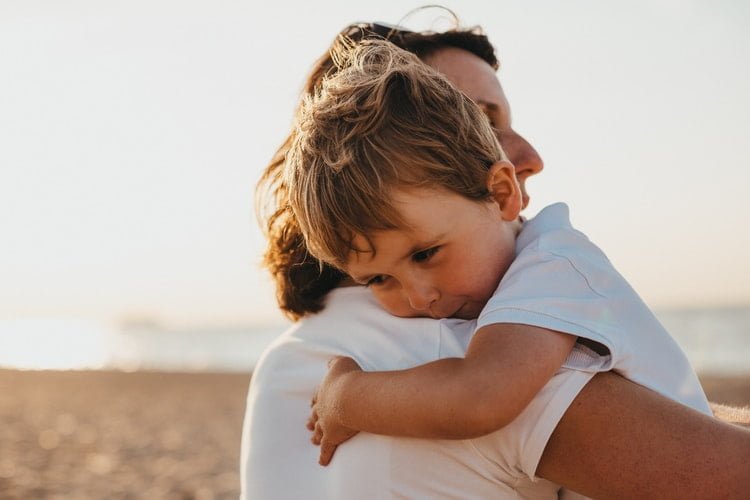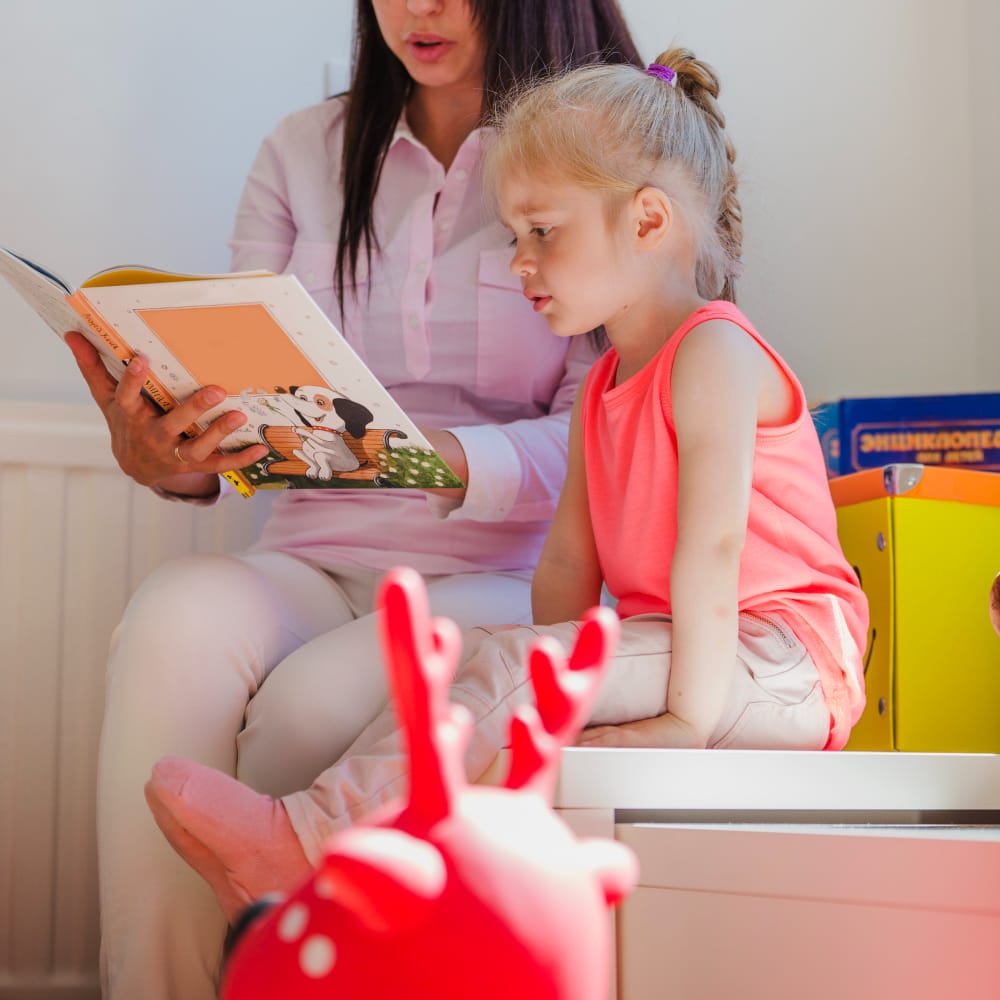Conflict resolution skills can be tough to learn, even for some adults. Early education in this field can help children to start thinking about how they feel, how they react and what words and actions they use when confronted with conflict. This assists them to develop practical conflict resolution skills that can enhance their general wellbeing and self-confidence.
When teaching your child about conflict resolution, following a step-by-step process is often most effective. Let’s explore:
Five steps to teaching conflict resolution skills
- Calm down and cool off
Even as adults, we are inclined to immediately get worked up when we are confronted with conflict. However, it is important to stay calm and take some time to cool off. Children can often be very impulsive, therefore, it is important to teach an immediate-use calming strategy. This can include softly counting to five or taking a few deep breaths.
- Listen and understand the problem
In heated situations, children often forget to listen to the other party. As a result, a small problem can quickly escalate. Teach your child to listen carefully to what the other person has to say and to try to understand why the person is unhappy or angry.
- Acknowledge the problem and emotions
Once your child understands the problem, they need to acknowledge it and recognise the other party’s emotions. Teach your child to say things such as: “I understand that you are sad about this…” or “I know I hurt your feelings and that you are angry with me…”. This helps your child the skill of making other people feel heard.
- Promote solution finding
This is often the toughest part for children. However, it is important to teach your child that finding a solution is the easiest way to resolve conflict fast. Practising different scenarios with your child can help to improve their problem-solving skills that can be used in other conflict situations.
- Always follow up
Even when conflict is successfully resolved, it is necessary to follow up. Teach your child that it is okay to check in with someone after a conflict situation to ensure that everything is settled.
Conflict is never easy or fun to deal with. However, if it arises, it should never be avoided. This leads to bigger problems and emotions building up. The best way you can help your child to deal with conflict situations is to teach them conflict resolution skills. This will not only be beneficial in their younger years but will also assist them in living a fulfilling and harmonious adult life.




